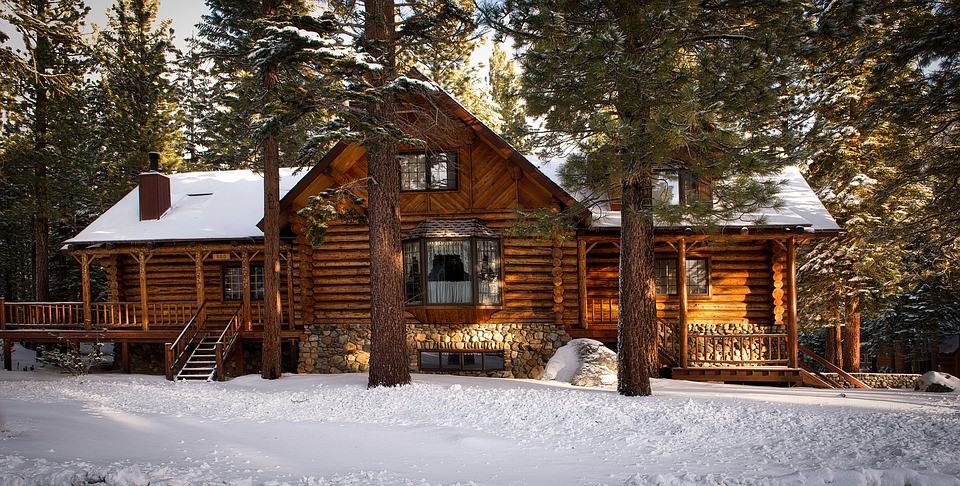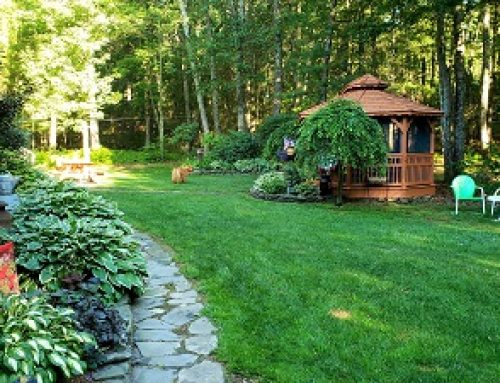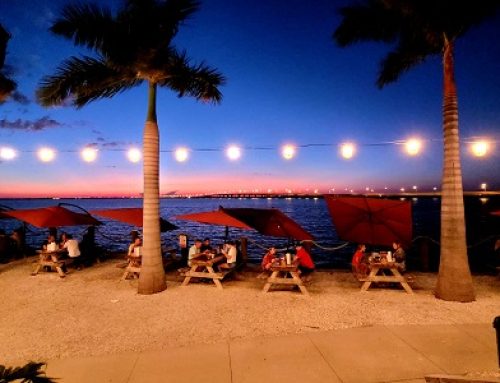Locking up and winterizing summer vacation homes is something that many Americans do each year, but it’s important to do it right. Many things can go wrong over the long, cold winter months, and if you don’t properly winterize your vacation home, you could be met with an awful surprise when you open the house back up in the spring. Follow these steps to ensure that your summer vacation home is safe throughout the long winter season:
- Make a checklist
It’s important that you don’t miss any steps in winterizing your summer vacation home. By making a checklist and checking off tasks as you complete them, you ensure that you don’t miss any of the vital steps required in safeguarding your home from the potential dangers that it faces from winter weather and several months of being uninhabited. A checklist will also stand as a reminder of what needs to be done when re-opening the house in the spring. - Clean
To reduce the amount of work required in re-opening the house in the spring, you’ll want to clean the house thoroughly before winterizing and closing it up. You’ll want to focus much of your attention on cleaning the kitchen. Clean out the refrigerator and freezer completely, and prop the doors open to prevent the growth of mold or mildew. Remove all food from the pantry. Any non-perishables can be transferred to metal containers to prevent rodents from gaining access to them. Make sure to dispose of any potential fire hazards. - Turn off water
Make sure to turn off the main water supply, usually located along the exterior of the house. After turning off the water access, run all taps in the house, flush all toilets, and empty water heater to clear the waterlines. This will prevent freezing or bursting pipes. Cover all toilets with Saran wrap to prevent sewer gasses from entering the home. - Adjust the thermostat
Ideally, you want to set your thermostat to the lowest temperature that will protect the home from freezing. - Unplug all appliances
This step can be skipped if you plan to shut off all power to the house, but if you leave the electric power on, you’ll want to unplug all appliances. This includes major appliances such as the refrigerator, oven, and washing machine, as well as your television, computer, and lamps. This will help prevent accidental fires due to a faulty switch. - Shut off gas
If the house utilizes gas for heating or cooking, you’ll want to shut off gas lines to the house to prevent accidental fires. - Store outdoor furniture and decorations
Move all outdoor furniture and garden ornaments indoors to protect them from weather and theft. - Lock away vehicles
Any vehicles that you keep at your summer home, be it a car, boat, ATV, or bicycle should be locked in a garage or shed to prevent the threat of theft. - Stop your mail
Contact the post office and stop routine delivery of mail during the winter months. This can be done at http://usps.gov. If there is a neighbor that you trust, ask them to keep an eye out for package deliveries from UPS or FedEx. - Lock the house at all points of entry
After you’ve completed everything else on your checklist, lock all the doors and windows in the house. If you have a neighbor that you trust, give them a key to the house and ask them to check in on it sporadically. - Talk to your insurance agent
Do you have vacation home insurance? If not, it’s pertinent that you speak with an insurance agent about covering your vacation home. Many things can go wrong in a vacation home when it’s empty throughout the winter. Make sure you’re covered for any potential problem that may arise while you’re away.
Accidents happen, and you can never eliminate all risk, but by following the simple tips in this article you can minimize the risks associated with closing up a vacation home for the winter. For information about your vacation home policy, or to buy a new policy, please contact your Yetter insurance agent by calling (570) 296-8329, or visit http://yetterins.com/.
###
Yetter Insurance Agency is a family-owned business, located in Milford, PA, that offers numerous seasonal home insurance options for Pennsylvania and New York residents. Yetter has been a leading insurance agency in Pike County, PA since 1972. If you own a vacation home in the area or are thinking about buying one, our agents can help you find the right insurance for your secondary property. For more information, please visit http://yetterins.com.



